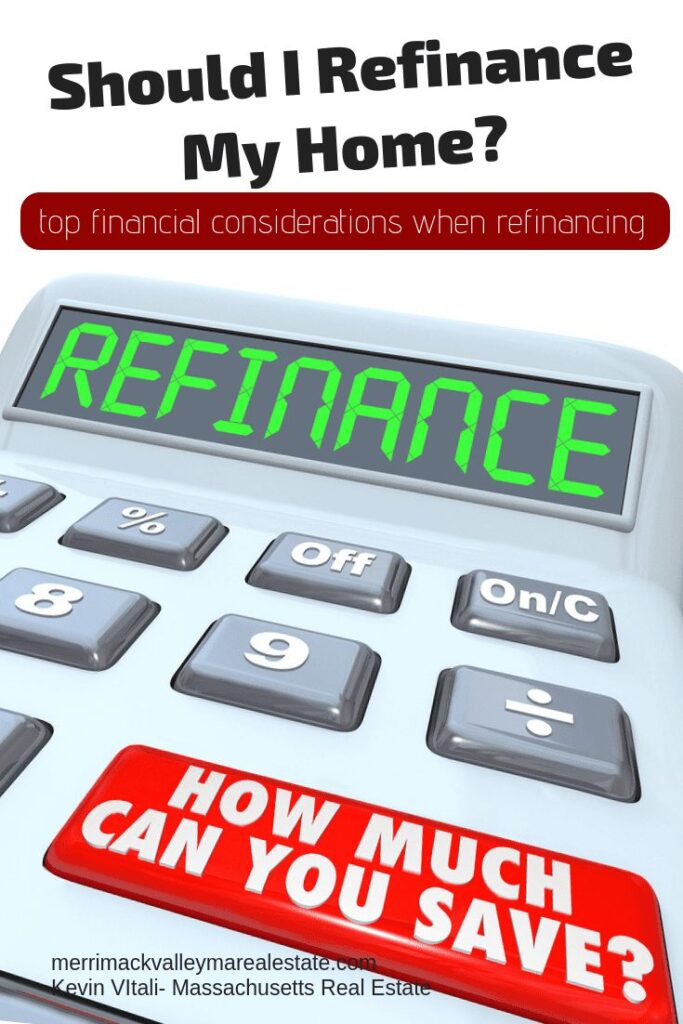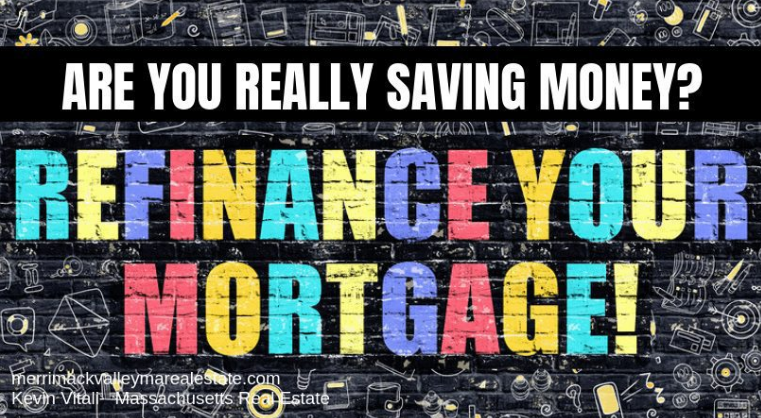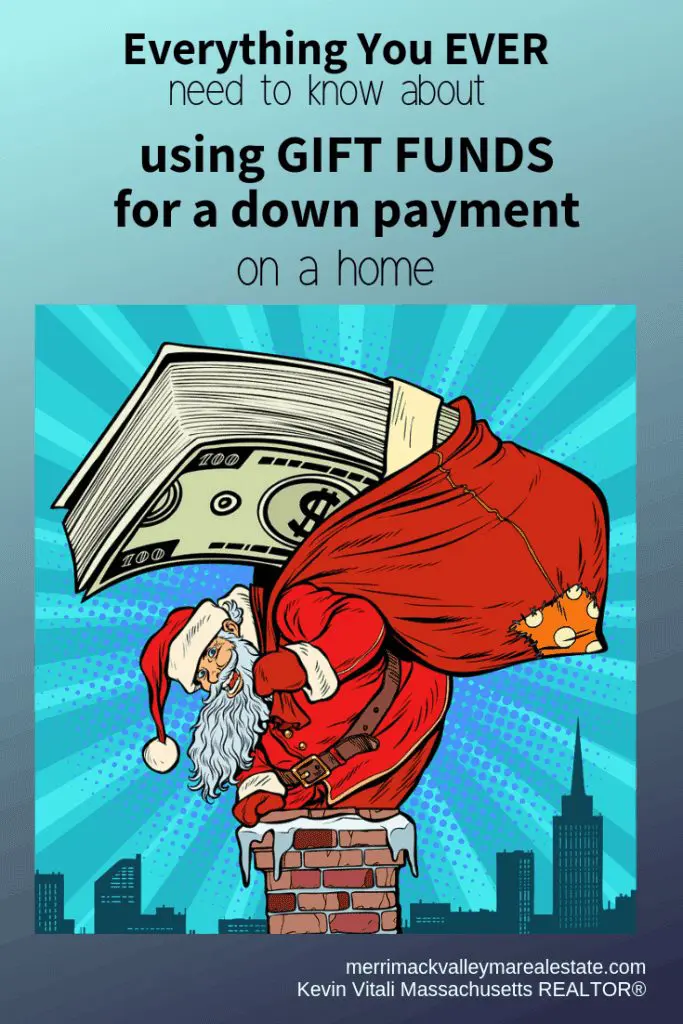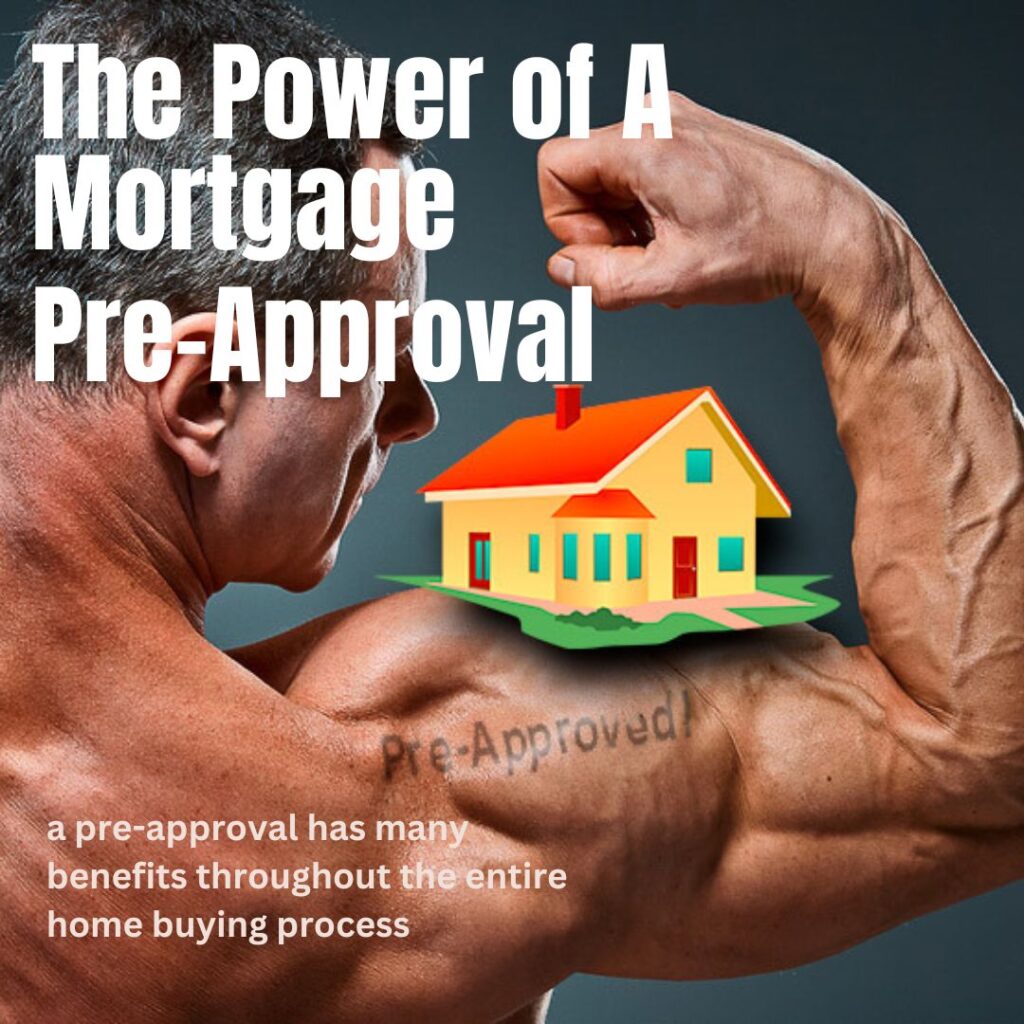 During the course of your home ownership the question will come up…. should I refinance my home?
During the course of your home ownership the question will come up…. should I refinance my home?
The simple answer is that it is a very personal choice for each homeowner depending on their individual circumstances. There are a variety of factors to consider when making the choice to refinance your home.
There are two types of refinances to look at.
First is rate and term refinance, where you are looking to lower the rate to reduce your monthly payment.
Second is a cash out refinance where you take the equity out of your home typically to fund home improvements or consolidate debt.
When Should I Consider Refinancing My Home?
Below are a few reasons why you may want to consider a refinance. There are other factors to consider to make sure it is beneficial or not which we will go into later on in the article.
If Interest Rates Have Dropped
A drop in interest rates is usually what triggers a home owner into wondering if they should refinance their home. A mere drop in interest rate does not necessarily mean you should refinance. But if you see interest rates have dropped at least a half of a percent it is worth investigating a potential refinance.
Your Credit Profile Has Improved
You may have been put in a less than desirable loan program because your credit profile was less than stellar. You have months of a mortgage under your belt and you have kept your nose clean. It is now possible to get into a much more favorable loan program should you refinance your home.
To Lock Into A Thirty Year Fixed Mortgage
If you are in an adjustable rate mortgage or a balloon mortgage it may make sense for you to refinance to lock in the security of a 30 year fixed mortgage. While the initial rate may not save you money initially down the road it could save you money.
To Remove or Reduce PMI
While some programs will remove Private Mortgage Insurance or PMI when you reach a certain loan to value ratio, other programs such as the FHA loan will not. If you get your loan your loan to value ratio down under 80% you should be able to remove your monthly PMI payment. Combine that with a more favorable interest rate and you could see huge savings every month if you decide to refinance.
To Take Equity Out of Your Home
Another common reason to refinance your home mortgage, may be to take equity out of your house to fund home improvements, college, debt consolidation, etc…. A cash out refinance would allow you to take a certain percentage of your homes equity to use as you wish.
But realize a cash out refi can become a very slippery slope.
I have been a real estate agent for over 17 years and started out my real estate career as a mortgage originator as well. I have seen home owners buy a house for $100,000 and strip hundreds of thousands of dollars, through multiple refinances, out of their home to wind up on the brink of foreclosure, having to short sale their home.
In the end they are left with nothing.
The true benefit of home ownership is to keep your housing payment relatively the same as rents rise around you and your house appreciates, to eventually have it paid off. Home ownership is a good hedge against inflation.
When To Do (or not do) A Cash Out Refi
You may want to consider a cash out refi to improve your home. Tapping into your homes equity, may make sense to fund your improvements as long as the money you borrow to fund the home improvements increases the value of your home accordingly. But do so carefully. Do your homework, not every home improvements returns value in equity.
Debt consolidation could be a very bad reason to do a cash out refi. For example say you take out $40,000 to pay off two car loans and credit card debt. You are now amortizing those car loans and credit card debt for 30 years. Do you think it is prudent to finance a car for 30 years that may at best last you ten, or, finance that vacation to Disney world for 30 years.
Whenever doing a cash out refinance, carefully consider what you are going to gain and/or lose by doing so.
Considerations to Make When Doing A Refinance
When considering a straight rate and term refinance there are several factors to remember.
There Is A Cost To Doing A Refinance
There are hard costs involved in doing a refinance. Closing costs will include appraisals, closing attorney, recording fees, etc… and can run 1-4% of the amount refinanced. Does the amount of money you save justify paying the closing costs to do so?
Sometimes you can do a no closing cost refinance where you roll the closing costs in to the loan or pay a slightly higher rate to compensate for the closing costs. Make sure you understand if your loan balance is going to go up or not if pursuing a no cost refinance.
How Long You Plan On Staying In Your Home
In a moment I will show you how to calculate how long a refinance will take to pay off returns. One big factor to consider is how long do you truly think you will live in the home. If you pan on being here for ever great. But if you think you might sell in the next 3-5 years in may not be worth refinancing.
How Long You Amortize You Amortize Your Loan For
If you have been paying your loan for 12 years you have 18 years left on a 30 year fixed. Automatically getting a new 30 year fixed will lower your monthly payment. But you just lost those 12 years you have been paying down your loan. And while you save money monthly you end up paying more in interest in the long run.
Refinancing Examples:
Example 1:
Borrower has a 5% interest rate and can drop in to 4.625% one year after purchasing with a loan of $300,000. Closing costs will run $4200. Refinancing the new balance of $295,195 saves $68 a month. Great!! But don’t forget the closing costs. Divide $68 into $4200 and it will take you 61 months to break even on paying the closing costs to get the new rate.
If you sell before 61 months you have actually lost money. You don’t actually save any money until month 62 after refinancing.
Example 2:
Take the same loan as above. You have paid on for 12 years and your balance is now $220,000 and you refinance for 30 years. You lower your monthly payment by $395 a month. Great!! But now you end up paying an extra $56,000 dollars in interest by the time you pay it off if you extend the loan amount to 30 years.
Not so great!! You have extended the loan and spent an extra $50,000+ over the life of paying a mortgage. Yet people do it because they only focus on the monthly savings and don’t look at the overall picture.
Example 3:
Take the scenario again above. After 12 years you owe $220,000. By refinancing you now can drop your PMI payment of $212 a month and get a slightly lower rate on a 18 year fixed. Between a drop in interest rate and eliminating your PMI payment you would save $334 a month. That would only be a 13 month break even to refinance. For most people that would make sense. (4200 / 334)
Summary of Should I Refinance My Home?
A drop in monthly payment does not automatically make sense or save you money. Their are several factors to consider should you decide to refinance your home.
Don’t forget to calculate the closing costs and how long it will take you to break even on the closing costs through a lower monthly payment.
Ask yourself is there any chance you would sell your house during that break even period. If you sell your house during that period you actually will lose money.
As you can see you can actually spend more money if you are lengthening the amortization of the loan. While you are apparently saving money on monthly payment you are lengthening the loan and paying more over the long haul.
Finally, be careful with cash out refinances. If you are going to tap the equity in your home, make sure you are you using that equity to further gain your financial position. Maybe improving your home and increasing it’s value or opening a business is a good idea to use your homes equity.
Be careful using your homes equity to pay off your overspending. As I pointed out it is not a good idea to refinance to pay off cars or vacations you put on your credit card. Amortizing cars, furniture, vacations, clothes, etc… for the length of a home mortgage is not great financial sense.
Other Mortgage Resources:
- Anita Clark Top Credit Tips While In The Loan Process
- Karen Highland Do’s and Don’ts While Getting Qualified For A Loan
- Bill Gassett Top 10 Mortgage Mistakes
- Kyle Hiscock Why Would Your Mortgage Be Denied?
This post, Should I Refinance My Home? was provided by Kevin Vitali of EXIT Group One Real Estate. Kevin Vitali is a Tewksbury MA REALTOR® that services northern Middlesex county as well as Essex county in Massachusetts. Are you thinking of listing your Tewksbury MA home or a home in the surrounding communities call Kevin at 978-360-0422





